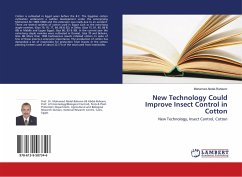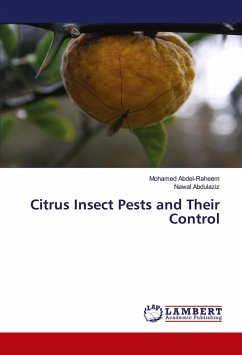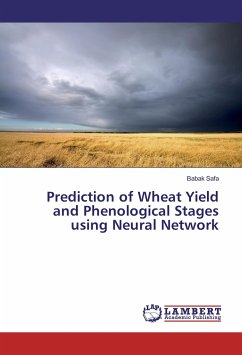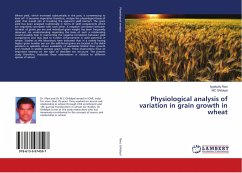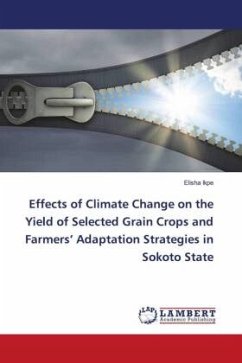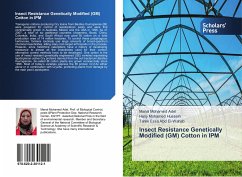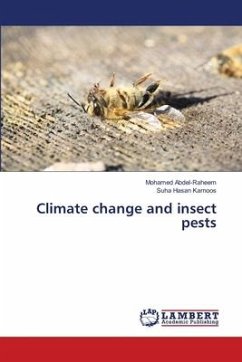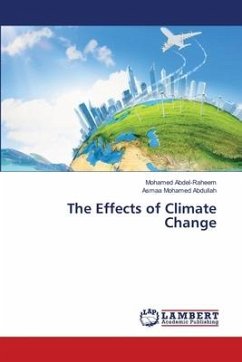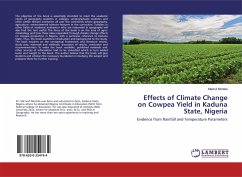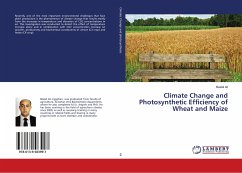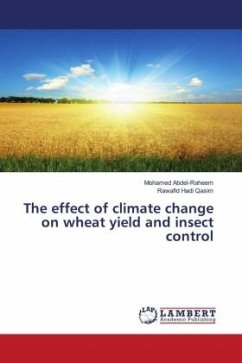
The effect of climate change on wheat yield and insect control
Versandkostenfrei!
Versandfertig in 6-10 Tagen
60,99 €
inkl. MwSt.

PAYBACK Punkte
30 °P sammeln!
Climate change will affect agricultural production worldwide. Average global crop yields for maize, or corn, may see a decrease of 24% by late century, if current climate change trends continue. Wheat, in contrast, may see an uptick in crop yields by about 17%. The change in yields is due to the projected increases in temperature, shifts in rainfall patterns and elevated surface carbon dioxide concentrations due to human-caused greenhouse gas emissions, making it more difficult to grow maize in the tropics and expanding wheat's growing range. Wheat, which grows best in temperate climates, may ...
Climate change will affect agricultural production worldwide. Average global crop yields for maize, or corn, may see a decrease of 24% by late century, if current climate change trends continue. Wheat, in contrast, may see an uptick in crop yields by about 17%. The change in yields is due to the projected increases in temperature, shifts in rainfall patterns and elevated surface carbon dioxide concentrations due to human-caused greenhouse gas emissions, making it more difficult to grow maize in the tropics and expanding wheat's growing range. Wheat, which grows best in temperate climates, may see a broader area where it can be grown in places such as the northern United States and Canada, North China Plains, Central Asia, southern Australia and East Africa as temperatures rise, but these gains may level off mid-century. Temperature alone is not the only factor the models consider when simulating future crop yields. Higher levels of carbon dioxide in the atmosphere have a positiveeffect on photosynthesis and water retention, more so for wheat than maize, which are accounted for better in the new generation of models.



